Indonesia is in danger – the country risks to pay the price of bipartisanship
Indonesia is a force to be reconned with in the Asia-Pacific region. Ninth on the Lowy Institute Asia Power Index only behind the major superpowers and their immediate allies,[1] Indonesia’s geopolitical significance cannot be overstated. Since the outbreak of conflict in Ukraine, Indonesia has led ASEAN’s neutrality.
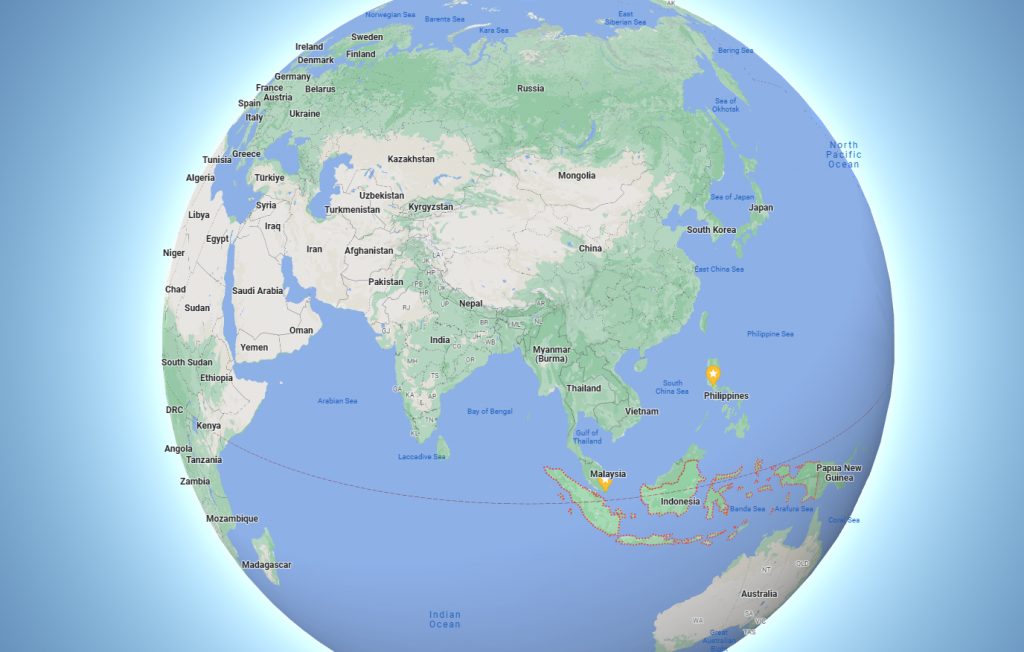
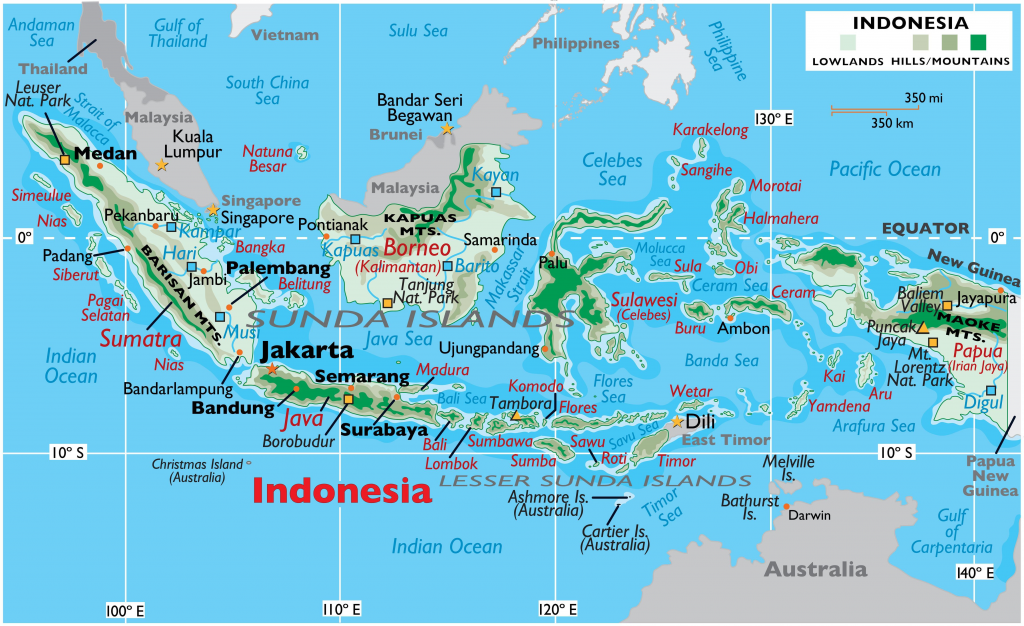
However, being a middle power and non-aligned is an arduous path to take. If national values and economic interest is put first, continued non-alignment is the best policy, however the West is ‘shoring up alliances’[2] and may not take ‘No’ for an answer. There are even rumours of Western pressure that will be exerted on Jakarta during its presidential election next year.[3]
To ascertain what should Jakarta do in the current context, Indonesia’s diplomatic history since February 2022 and geopolitical challenges to the country must be examined.
President Jokowi’s highly popular government[4] took a neutral stance from day-1 of the current reignition of the war in Ukraine. According to ISEAS, 51.2% of Indonesians approve or strongly approve this approach.[5] Cultural and economic reasons can be given for this diplomatic position.
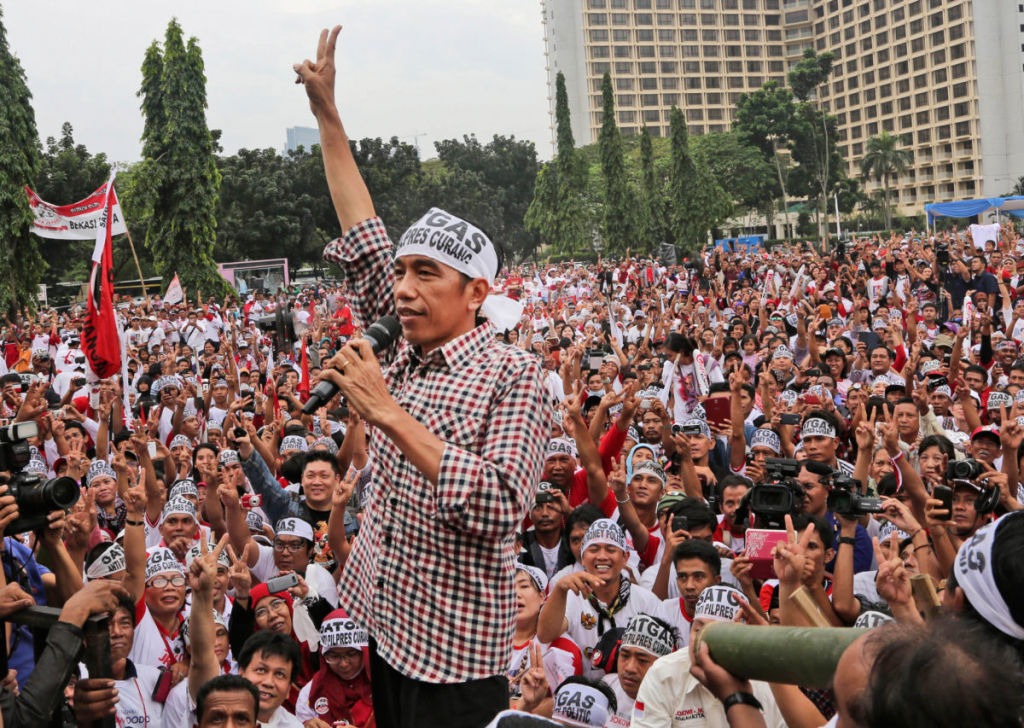
Indonesia has natural affinity to Russia as two states have a long heritage of Islam in a multicultural setting. For example, one Indonesian influencer argued that Russians are the ‘Rum’ peoples who follow Christianity but are ultimately aligned with Islam, much to the ire of Western ideologues.[6] At the same time the West’s values are increasingly diverging,[7] and LGBTQ+ rights are being called a ‘US foreign policy priority’.[8]
Historic memory is long among Indonesians. The National Revolution is solidly ingrained in people’s minds and the bloody anticolonial struggle against the Netherlands is not forgotten.[9] And in the present too, Indonesia also has its border disputes and conflict areas in Western Papua and Timor Leste. So some may understand Russia’s issue with lost historic lands.


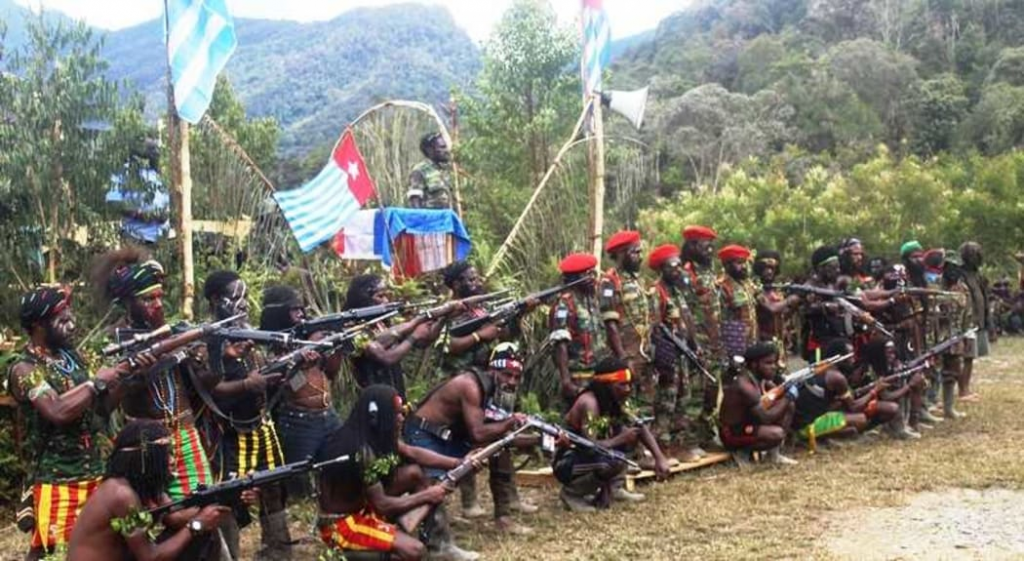
On the economic front, while trade volumes between Indonesia and Russia are low, the prospect of cheap energy and staple foods is attractive. Cooperation in nuclear energy is significantly more exciting, and Russia is one of the few global countries with competitive offers to co-develop NPPs. As the country battles air pollution and navigates its sustainability policy, nuclear power becomes increasingly attractive. Unsurprisingly, an Indonesian delegation visited Rosatom, the Russian state atomic agency in May this year.[10]
Neutrality also necessitated pushback against US encroachment and influence. On the 1 September, Indonesia’s Defence Minister, Prabowo, publicly rejecting a joint statement with the US defence chief, stressing the value Indonesia places on relationships with Russia and China.[11] Previously, Minister Prabowo also said his country will not take sides in a US-China conflict,[12] which resonated with President Jokowi’s earlier statement that his country will not be anyone’s proxy.[13]

Indonesia is also one of the few countries worldwide that dared to propose a peace plan for Ukraine. Unsurprisingly, Ukraine rejected and ridiculed the relatively reasonable proposal.[14]
These policy positions come at a time when the Biden administration is leveraging all of its convening power to push neutral states to take the Western position. These include the Ukraine peace summit in Saudi Arabia,[15] and mass shuttle diplomacy across Asia.[16]
In this context, Indonesia’s primary geopolitical challenge is staying neutral amidst Western pressure to side with the ‘rules-based order’.

Biden’s administration is already signalling its unhappiness. The President skipping attendance at the ASEAN Summit, sending Vice-President Kamala Harris instead is seen as a snub to Indonesia.[17]
And just recently, files indicating the National Endowment for Democracy was planning a significant electoral influence campaign in Indonesia were leaked to Mintpressnews.[18]
Indonesia is awash with Western NGOs. Organisations from Peace Corps – a US government agency that organises volunteer detachments to work on various community projects – to Human Rights Working Group are highly active in Indonesia.[19]

We have seen how these agents of influence affect local elections, astroturf leaders, and threaten national sovereignty in countries including Georgia, Kyrgyzstan, and across the Middle East during the ‘Arab Spring’.[20]
Within ASEAN’s borders, the US first criticised the restrictions on NGOs in Thailand,[21] then publicly supported the anti-establishment and anti-monarchy ‘Move Forward Party’.[22]
Given Indonesia’s presidential is fast approaching in February 2024, and Jokowi will not be able to run, the country finds itself at a precarious crossroad. Jakarta will face significant western pressure and candidates that favour the West over national sovereignty or ASEAN leadership will receive support.
If Indonesians elect a candidate Washington does not favour, the mechanisms of NGOs, consulting firms, and political free agents will likely be deployed to interfere with the new government.
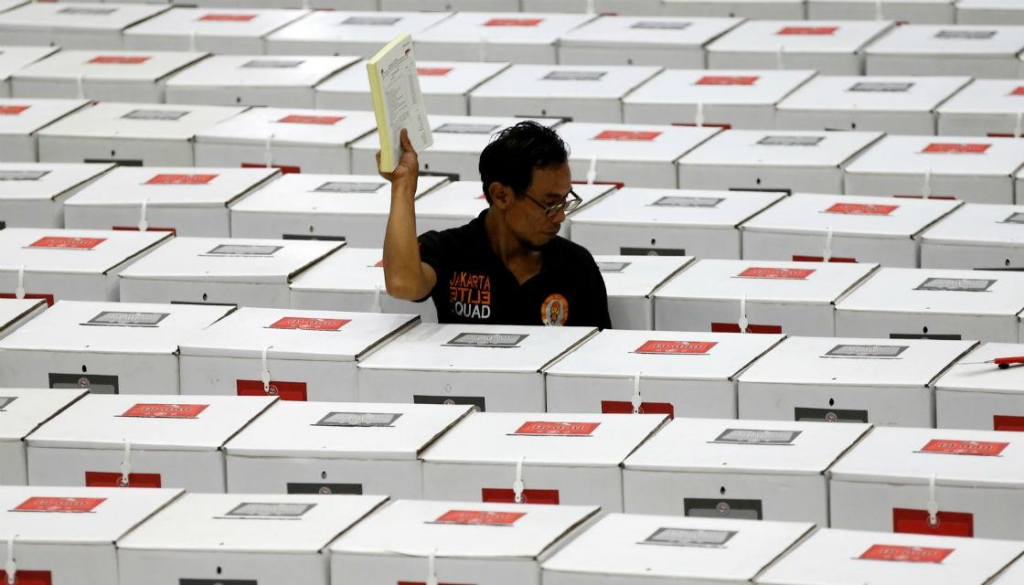
In this way, the geopolitical challenge to Indonesia is likely to arise from within. However, Indonesian voters should be careful not to lose the significant gains made under President Jokowi towards becoming a significant regional power.
Kowtowing to the West does not make cultural, economic, nor diplomatic sense. The world is changing and the stopping power of the ‘rules-based order’ is falling. The coming election may well be the last time the West can run significant influence campaigns while later it is groupings like ASEAN and BRICS+ which will reshape the global order.
So, Indonesia has one hurdle to jump next February. ASEAN partners, friends in Moscow, Beijing, and across the Global South will be watching nervously and with anticipation. One can only hope Indonesians will stay the course and lose their current stalwart neutrality.
[1] https://power.lowyinstitute.org/countries/indonesia/
[2] https://edition.cnn.com/2023/08/18/politics/joe-biden-xi-jinping-japan-south-korea-summit/index.html
[3] https://www.mintpressnews.com/leak-cia-ned-color-revolution-coup-indonesia/285617/
[4] https://www.iseas.edu.sg/articles-commentaries/iseas-perspective/2023-38-jokowis-high-approval-ratings-make-him-potential-kingmaker-by-burhanuddin-muhtadi/
[5] https://www.iseas.edu.sg/articles-commentaries/state-of-southeast-asia-survey/the-state-of-southeast-asia-2023-survey-report-2/
[6] https://indonesiaatmelbourne.unimelb.edu.au/why-do-so-many-indonesians-back-russias-invasion-of-ukraine/
[7] https://www.economist.com/interactive/international/2023/08/03/western-values-are-steadily-diverging-from-the-rest-of-the-world?utm_content=article-link-1&etear=nl_sunday_today_1&utm_campaign=a.the-economist-sunday-today&utm_medium=email.internal-newsletter.np&utm_source=salesforce-marketing-cloud&utm_term=8/6/2023&utm_id=1713543
[8] https://www.state.gov/advancing-the-human-rights-of-lesbian-gay-bisexual-transgender-queer-and-intersex-persons-around-the-world/
[9] https://en.wikipedia.org/wiki/Indonesian_National_Revolution
[10] https://www.rosatom.ru/en/press-centre/news/the-delegation-from-indonesia-visited-rosatom-enterprises/
[11] https://www.kompas.id/baca/english/2023/08/31/en-prabowo-tidak-ada-pernyataan-bersama-dengan-kementerian-pertahanan-as?open_from=Section_English
[12] https://en.tempo.co/read/1769304/prabowo-subianto-indonesia-wont-side-with-us-or-china-in-conflict
[13] https://www.arabnews.com/node/2337596/world
[14] https://www.thejakartapost.com/world/2023/06/04/ukraine-dismisses-strange-indonesian-peace-plan.html
[15] https://www.france24.com/en/live-news/20230805-saudi-dives-into-ukraine-peace-push-with-jeddah-talks
[16] https://id.usembassy.gov/u-s-trade-representative-katherine-tais-travel-to-indonesia-and-india/
[17] https://www.thejakartapost.com/academia/2021/08/02/snubbed-again-joe.html
[18] https://www.mintpressnews.com/leak-cia-ned-color-revolution-coup-indonesia/285617/
[19] https://humanrightsconnected.org/organizations/human-rights-working-group-indonesias-ngo-coalition-for-international-human-rights-advocacy/
[20] https://www.cairn-int.info/article-E_RTM_193_0055–international-and-western-ngos-in.htm
[21] https://www.benarnews.org/english/news/thai/proposed-bill-03232022153748.html
[22] https://th.usembassy.gov/statement-on-the-dissolution-of-the-future-forward-party-in-thailand/

